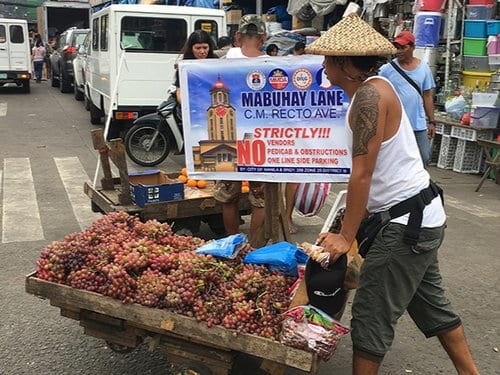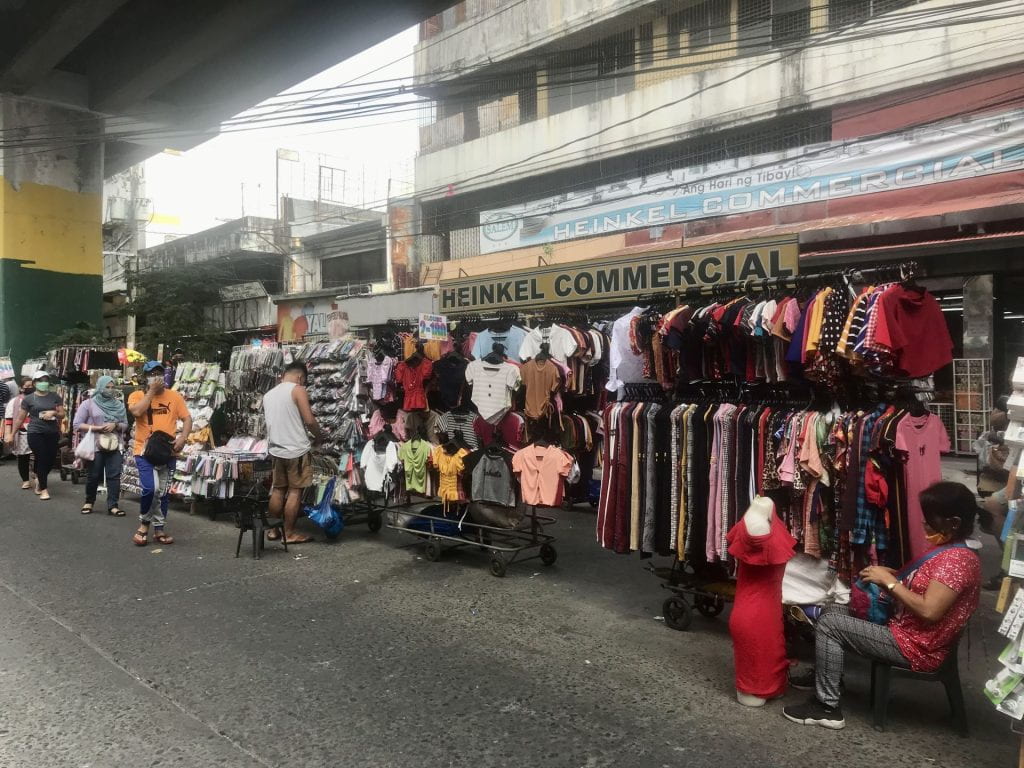
Governing Informal Trading
Reden Recio
This research examines an interface that emerges between formal (state-backed) systems and informal mechanisms in contested vending spaces of Metro Manila’s Baclaran district. This formal-informal interface is relevant to urban planners and policy-makers who are expected to guide the collective use of space. The research contributes to the theoretical discussion on urban informality by employing a post-dualist conceptual framework in unpacking five governance dimensions – players, policies, practices, governing relations, and planning implications. These dimensions shape the formal-informal interface in contested urban spaces in many global South cities.

Publications:
Recio, R.B., Gomez, J.E.A., Thai, H., and Nguyen, P. (2022). Street vending and co-production: key lessons during the COVID-19 pandemic, Space and Polity, pp. 325-346, https://doi.org/10.1080/13562576.2022.2045931
Recio, R.B. (2021). How can street routines inform state regulation? Learning from informal traders in Baclaran, Metro Manila. International Development Planning Review. 43, 1, pp.63-88.
Recio, R.B. (2020). Street entanglements: Contestation, collaboration and cooptation in Manila’s informal vending spaces. Journal of Urban Affairs, pp. 1-19
Recio, R.B. (2019). Grassroots intermediaries in urban informal trading: Brokering for development or stifling dissent? Philippine Journal of Social Development, 12, pp. 137-154.
Recio, R. (2017) ‘Revisiting Policy Epistemologies on Urban Informality: Towards a Post-dualist View’, Cities.
Recio, R. (2015) ‘Engaging the ‘Ungovernable’ Journal in Urban and Regional Planning, 1(1), 18-37.
Recio, R. (2013) ‘Street Vendors, their Contested Spaces and the Policy Environment’, Environment and Urbanization ASIA, 4(1) 173–190.